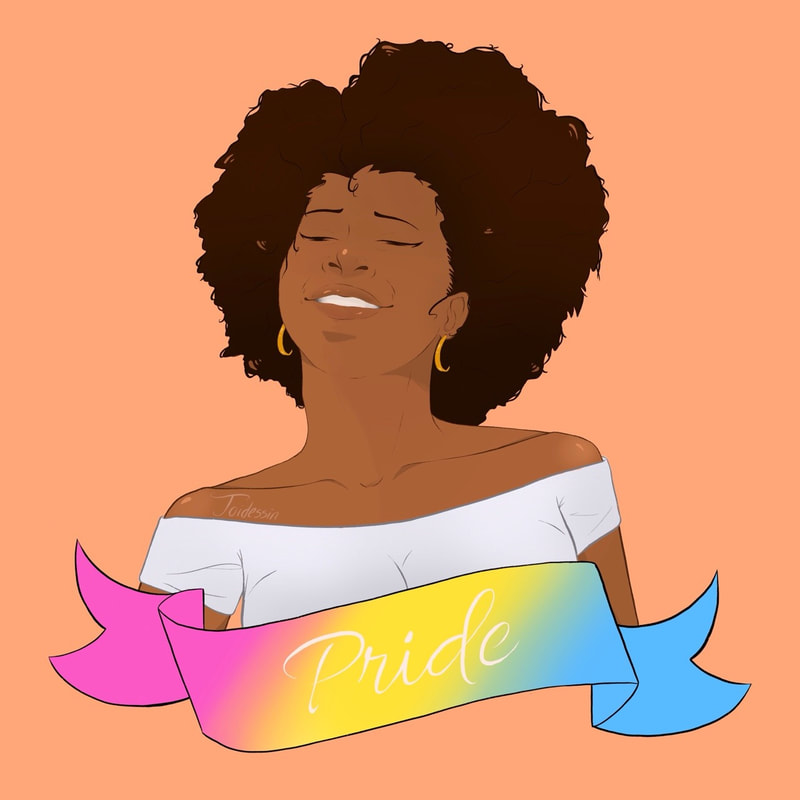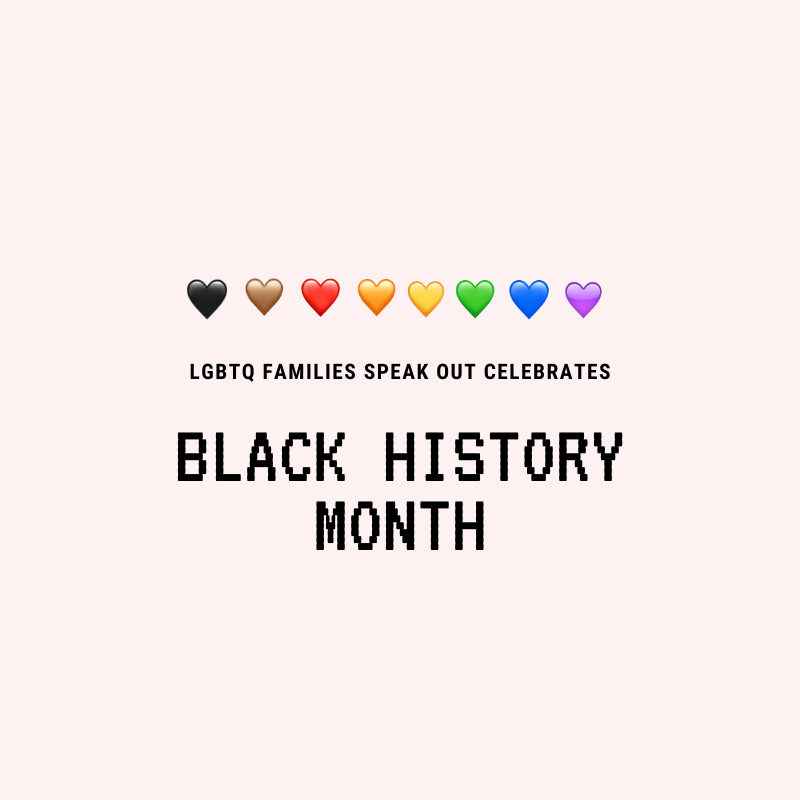In our interview study, we had the opportunity to discuss Victoria Mason’s experience navigating the education system as a racialized, queer women within a predominately white school. She highlights the importance of educators to understand intersectionality as something to be taught and expected in the curriculum.
|
In this week’s blog, we want to highlight the importance of considering intersectionality in discussions of queer identities in schooling and education. Taking an intersectional approach to our teaching means making students aware of the multiple forms of oppression and privilege individuals face and how they interact with one another. In our interview study, we had the opportunity to discuss Victoria Mason’s experience navigating the education system as a racialized, queer women within a predominately white school. She highlights the importance of educators to understand intersectionality as something to be taught and expected in the curriculum.
0 Comments
What happens when Black History Month is used as a token? When discussions of Black history and communities stop at the end of the month? When its powerful messages are not internalized? When it doesn’t include a reflection on how non-Black folks benefit from anti-black narratives? When it becomes a signifier of inclusivity instead of an appreciation and celebration of Black identities, histories and futurity? Beyond this month, what can educators do? These are questions that arise every February at the onset of Black History Month, and become even more layered when accounting for the multiple and simultaneous oppression experienced by LGBTQ black communities, families and youth. Here’s a list of advice from our families and our research team that might be helpful in navigating these discussions: Advice from our families:
Advice from the LGBTQ Families Speak Out research team:
artwork by joili on tumblr
This month, the LGBTQ Families Speak Out celebrates Black History Month. Over the next few weeks, we will be featuring stories from our families, resources for educators, and celebrating the contributions of Black LGBTQ communities.
|
Archives
June 2021
Categories |



 RSS Feed
RSS Feed